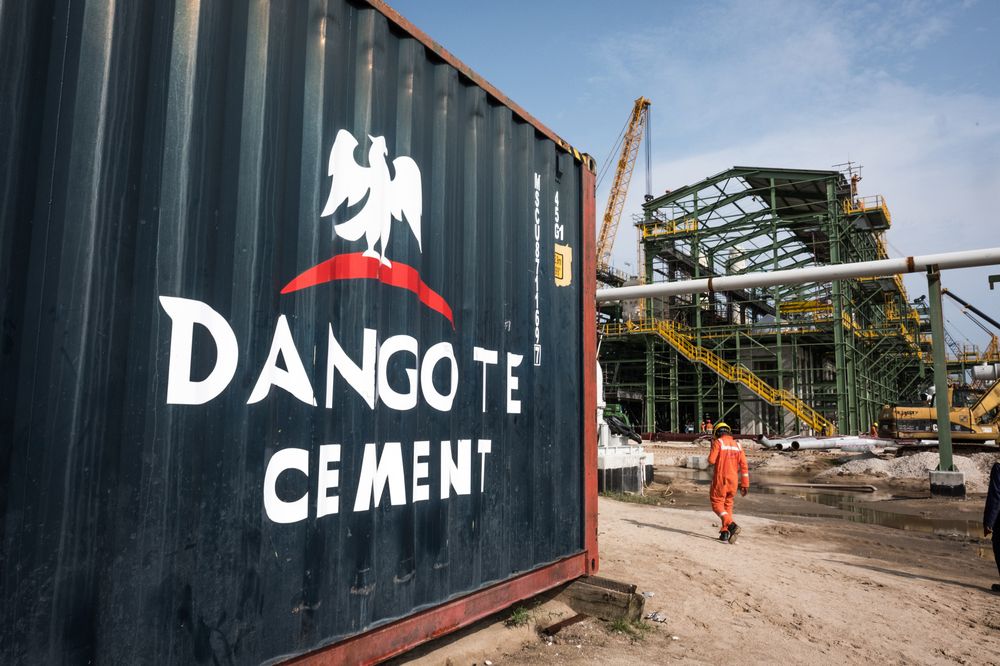
A case has been made for extractive industries to prioritise protection of groundwater with a view to preserving the environment for the benefit of all.
To achieve this, businesses have been urged to deliberately incorporate safety of groundwater in their operational designs and sourcing of industrial production facilities.
These were part of the submissions by the Head of Community Affairs and Environment, Dangote Cement Plc, Tukur Lawal, in his presentation to stakeholders in sustainability ecosystem during a webinar to mark the 2022 World Water Day hosted by the Lagos Business School Sustainability Centre in collaboration with Dangote Cement Plc and the United Nations Environment Programme (UNEP).
According to him, Dangote Cement has always embraced global best practice, pointing out that, “some of the best practices by Dangote Cement Plc include the Dry Cement Production Process, recycling and reuse of 20 per cent of water at the company’s Ibese plant in South West Nigeria, as well as channeling of treated water to farmers in the surrounding communities,” a development he said had benefitted about 143 farmers in Zambia.
The virtual event, which drew stakeholders from across Africa, was in line with this year’s theme ‘GroundWater: Making the Invisible Visible,’ and it centred on the fact that groundwater “is only three per cent of the world’s fresh water and yet the largest and most widely distributed source of freshwater.”
In her opening remarks, Dr. Igazeuma Okoroba, Head of Sustainability, Dangote Cement Plc, said the forum was organised to raise awareness and promote collaboration in the sustainable use of groundwater – an essential resource for everyone.
UNEP Water Specialist, Patrick Lumumba M’mayi, in his lecture, stressed the need for partnerships among communities, academia, government and businesses to tackle groundwater pollution and drive sustainable management of this precious resource.
“The question then becomes: How much do we invest in this resource so that it’s available for our use today and remains available for our generations yet unborn?” he queried.
Manager, LBS Sustainability Centre, Mrs. Oreva Atanya, also admonished the participants and stakeholders to leave with a sense of collective responsibility.
“While organisations like UNEP work based on requests from governments, companies in the extractive industry should also ensure they adhere to the highest environmental standard. NGOs and citizens have a duty as well,” she added.
According to Kaine Chinwa, a scholar and participant at the panel discussion, it is important that Africa finds solutions locally to mitigate groundwater pollution, which is already prevalent around the continent, especially in Nigeria’s Niger Delta region.
World Water Day is to commemorate human reliance on water and raises awareness of the 2.2 billion people living without access to safe water. The day also brings attention to the actions needed to achieve the United Nations Sustainable Development Goal (SDG) 6, which stipulates “Clean Water and Sanitation for All by 2030.”



